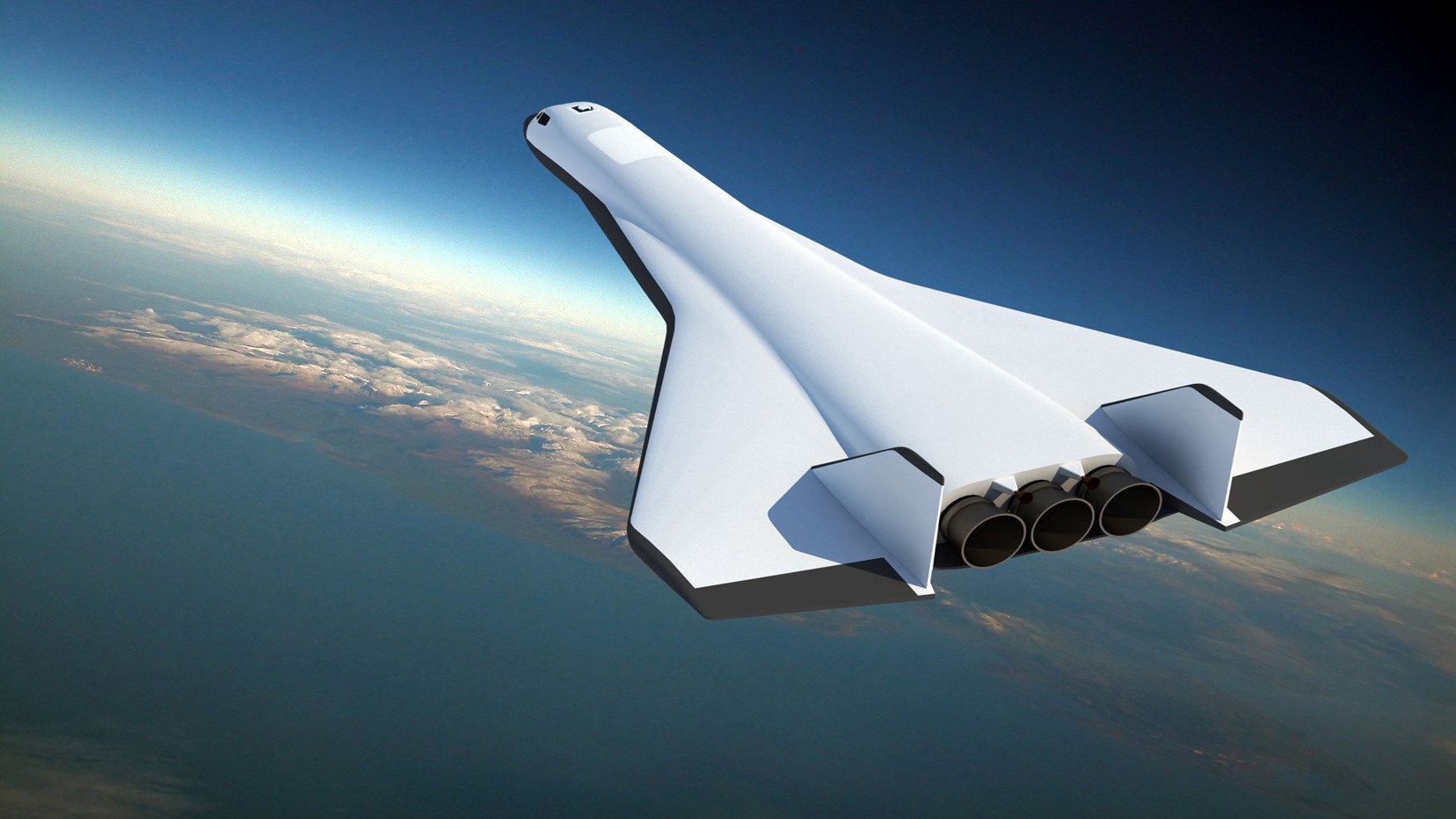Radian Aerospace Initiates Taxi Tests for Spaceplane Prototype

The PFV01 is designed as a prototype for Radian One, which aims to take off horizontally using a rail sled system stretching over three kilometers, ascend to low Earth orbit utilizing rocket engines, and return to land on a runway. This vehicle has the potential to carry up to five passengers and 2,270 kilograms of cargo to orbit, with a return capacity of 4,540 kilograms.
Livingston Holder, the company’s chief technology officer and co-founder, emphasized the importance of the taxi tests in validating their analytical models against real-world performance. "It’s an important step," he remarked, highlighting that the tests confirmed their previous modeling efforts. The favorable conditions at the Abu Dhabi airport provided a suitable environment for these initial evaluations, which avoided complications associated with export control regulations. Holder noted that PFV01, powered by two jet engines, did not include technologies that would fall under the International Traffic in Arms Regulations (ITAR), streamlining the testing process.
Looking ahead, Radian plans to shift its testing operations to another airfield in the region, featuring a longer runway to facilitate extended flights. This next phase will enable the team to further explore the vehicle's performance envelope, with the possibility of using the same PFV01 or a modified version for different configurations. Holder mentioned that no significant surprises have emerged during the development of the spaceplane's key technologies, indicating a smooth progression in the project.
The company is simultaneously conducting additional tests on the thermal protection system and has recently produced a propellant test tank made from composite materials. Radian has garnered interest from potential customers regarding the vehicle's capability to transport cargo to and from orbit, having converted letters of intent into contracts with undisclosed partners.
Since its inception, Radian Aerospace has raised considerable funding, including a $27.5 million seed round in early 2022. The company is preparing for its next funding phase, aiming to build on the momentum gained from successful tests and partnerships. The marketplace’s response has been encouraging, reflecting a strong belief in Radian’s vision for a reusable orbital spaceplane that could revolutionize space transport.

Join the conversation